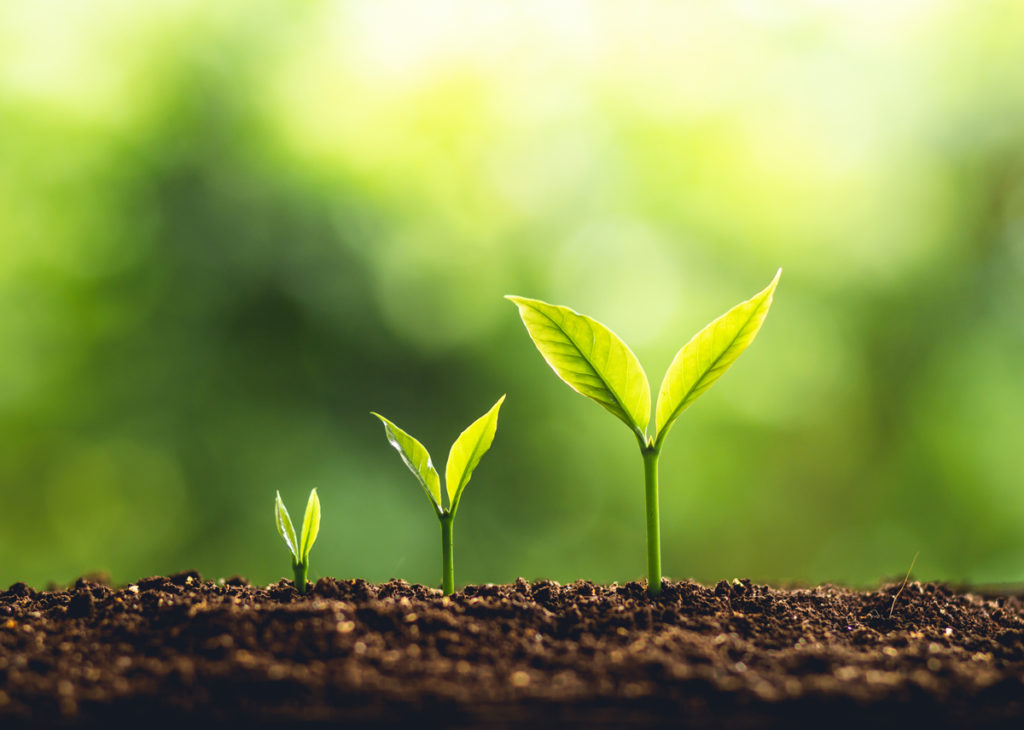As spring breezes dance through the air, a vibrant tapestry of colors begins to unfold in community gardens across the land. From the delicate petals of a rose to the hearty leaves of a tomato plant, life bursts forth in a joyful celebration of growth and togetherness. In these green sanctuaries, neighbors come together to nurture the earth, cultivate friendships, and reap the abundant rewards of collaboration. Welcome to the enchanting world of community gardens, where seeds of connection bloom into a beautiful bouquet of shared joy and collective bounty.
Table of Contents
- 1. Cultivating Connections: The Beauty of Community Gardens
- 2. Growing a Greener World: The Environmental Impact of Community Gardens
- 3. Blossoming Beauties: The Colorful Benefits of Flowers in Community Gardens
- 4. Harvesting Happiness: How Community Gardens Improve Mental Health
- 5. Join the Garden Party: Embracing the Sense of Belonging in Community Gardens
- Q and A

1. Cultivating Connections: The Beauty of Community Gardens
Community gardens are like hidden gems tucked away in the heart of bustling neighborhoods, inviting neighbors to come together and cultivate connections. In these vibrant spaces, individuals from all walks of life unite to share a common passion for gardening, creating a harmonious environment where friendships blossom like the colorful flowers they nurture.
One of the most enchanting aspects of community gardens is the sense of belonging they instill in participants. As gardeners dig their hands into the rich soil, they not only tend to the plants but also to the relationships that grow alongside them. The shared experience of planting, watering, and harvesting fosters a deep sense of camaraderie and mutual support, turning strangers into friends and neighbors into family.
Walking through a community garden is like strolling through a living tapestry, each plot representing a unique story woven together by a common thread of passion for nature and community. With laughter echoing through the air and the gentle hum of bees providing the soundtrack, these vibrant spaces serve as a sanctuary of serenity and joy, where individuals can escape the hustle and bustle of daily life and revel in the beauty of nature and unity.

2. Growing a Greener World: The Environmental Impact of Community Gardens
Community gardens not only provide a scenic oasis in urban areas, but they also have a significant positive impact on the environment. By promoting sustainable gardening practices and growing organic fruits and vegetables, these gardens help reduce the carbon footprint and promote biodiversity in the local ecosystem. These small pockets of greenery serve as a sanctuary for pollinators such as bees and butterflies, creating a more vibrant and healthy environment for all living creatures.
One of the key benefits of community gardens is the reduction of food miles. By growing produce locally, fewer resources are used for transportation, resulting in lower greenhouse gas emissions. Additionally, community gardens often utilize composting and rainwater harvesting techniques, further reducing waste and water usage. These eco-friendly practices not only benefit the environment but also teach community members valuable skills for sustainable living.
Through community involvement and collaboration, these gardens serve as a hub for education and awareness about environmental issues. They provide a platform for sharing knowledge about organic gardening, composting, and native plant species. By connecting with nature and each other, community members foster a sense of environmental stewardship and responsibility. Together, we can cultivate a greener world for future generations to enjoy.
3. Blossoming Beauties: The Colorful Benefits of Flowers in Community Gardens
Community gardens are not only a feast for the eyes, but they also offer a wide range of benefits to those who tend to them. One of the most enchanting elements of these green spaces are the vibrant and diverse flowers that blossom within them. These beautiful blooms not only add a pop of color to the garden but also contribute to the well-being of the surrounding community in countless ways.
- Flowers attract pollinators such as bees, butterflies, and hummingbirds, which help to fertilize plants and promote healthy growth.
- Colorful flowers can boost mood and create a sense of tranquility and harmony within the garden, offering a much-needed escape from the hustle and bustle of everyday life.
- By planting a variety of flowers, community gardens can attract a diverse range of beneficial insects that help control pests naturally, reducing the need for harmful chemical pesticides.
From the delicate petals of a rose to the vibrant hues of a sunflower, flowers in community gardens not only provide visual beauty but also serve as a symbol of unity and community spirit. By coming together to cultivate these blossoming beauties, neighbors are able to connect with nature, each other, and themselves in a meaningful and joyous way. So, next time you find yourself strolling through a community garden, take a moment to appreciate the colorful benefits that flowers bring to these shared spaces.
4. Harvesting Happiness: How Community Gardens Improve Mental Health
Community gardens provide a sanctuary for individuals to connect with nature, their neighbors, and themselves. Surrounded by vibrant flowers and bountiful vegetables, gardeners experience a sense of peace and relaxation that can significantly improve their mental well-being. The act of tending to plants and watching them grow creates a sense of accomplishment and pride, boosting self-esteem and confidence.
Engaging in community gardening activities also fosters a sense of belonging and camaraderie among participants. Sharing gardening tips, swapping seeds, and collaborating on projects create a supportive environment that promotes social interaction and reduces feelings of isolation. The bonds formed in community gardens often extend beyond the garden gates, leading to lasting friendships and a strong sense of community.
Furthermore, the physical activity involved in gardening releases endorphins and reduces stress levels, contributing to a more positive outlook on life. The fresh air and sunlight present in outdoor garden spaces also play a crucial role in improving mood and combating depression. In essence, community gardens serve as a holistic remedy for improving mental health and cultivating happiness.
5. Join the Garden Party: Embracing the Sense of Belonging in Community Gardens
If you’ve ever felt like you needed a place to belong, look no further than your local community garden! These vibrant spaces are not only a hub for growing flowers and vegetables, but also for cultivating a sense of unity among neighbors. Imagine spending a sunny afternoon planting seeds, swapping gardening tips, and laughing with fellow garden enthusiasts – that’s the magic of a garden party!
At a community garden, everyone is welcomed with open arms, regardless of their gardening experience. Whether you’re a seasoned green thumb or a complete beginner, there’s a place for you to learn and grow alongside like-minded individuals. It’s a place where neighbors become friends, sharing stories, recipes, and seeds. Together, we nurture not just our plants, but also our relationships and sense of belonging.
So, why wait? Join the garden party and discover the joy of connecting with nature and your community. Let’s create a colorful tapestry of flowers, vegetables, and friendships that will bloom and flourish for years to come. Embrace the beauty of communal gardening and experience the sense of belonging that comes with being part of something bigger than yourself.
Q and A
Q: What exactly is a community garden?
A: A community garden is a shared space where individuals come together to cultivate plants, flowers, and vegetables collectively.
Q: What are the benefits of participating in a community garden?
A: Participating in a community garden not only allows you to connect with nature but also fosters a sense of belonging, encourages physical activity, and promotes healthy eating habits.
Q: How does gardening together with others create a sense of community?
A: Gardening together provides the opportunity for individuals to work towards a common goal, share knowledge and skills, and build relationships with fellow gardeners, creating a strong sense of community spirit.
Q: What role do community gardens play in promoting sustainability?
A: Community gardens promote sustainability by reducing food miles, decreasing carbon emissions, and creating green spaces that support biodiversity and wildlife.
Q: How can one get involved in a community garden?
A: Getting involved in a community garden is easy! Simply reach out to your local community garden organization, attend a meeting or volunteer workday, and start planting seeds of friendship and growth in your community garden.
As we’ve seen, community gardens offer so much more than just beautiful blooms and fresh produce. They provide a space for us to come together, share stories, and cultivate friendships. So why not grab your gardening gloves and join your local community garden today? Together, we can plant the seeds of friendship and watch them bloom into something truly beautiful. Happy gardening!



